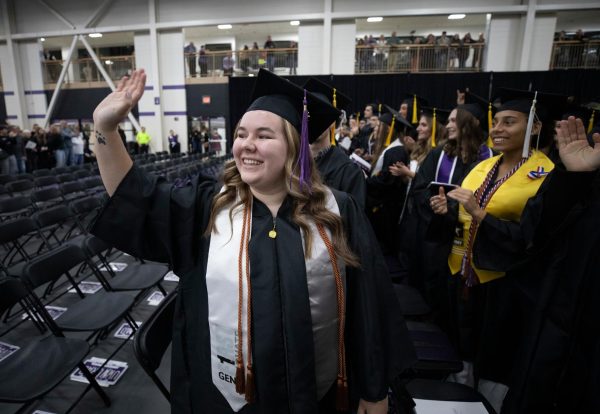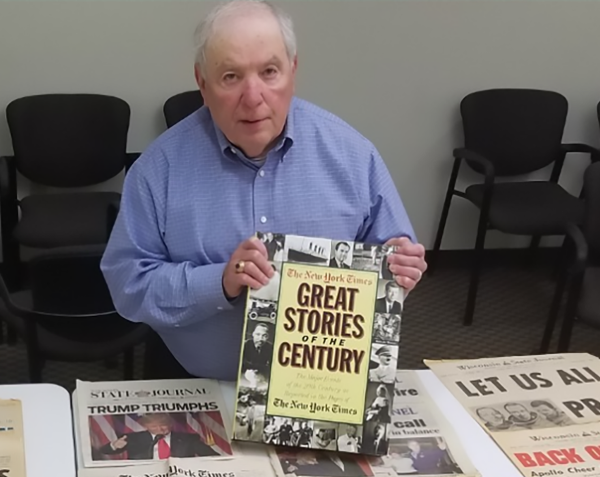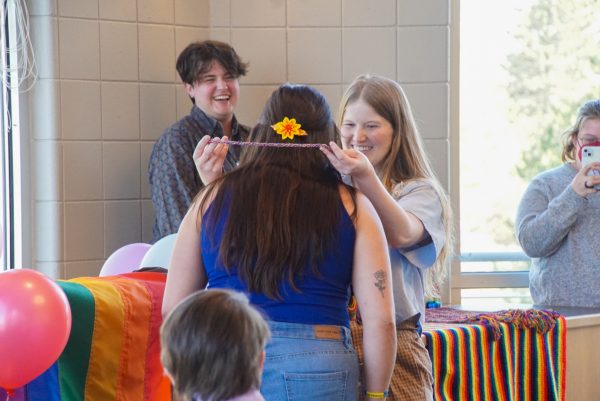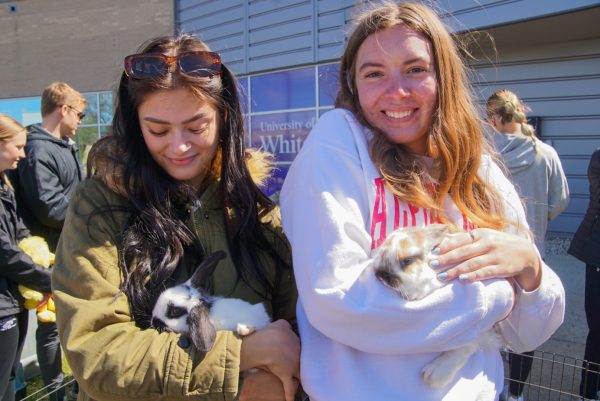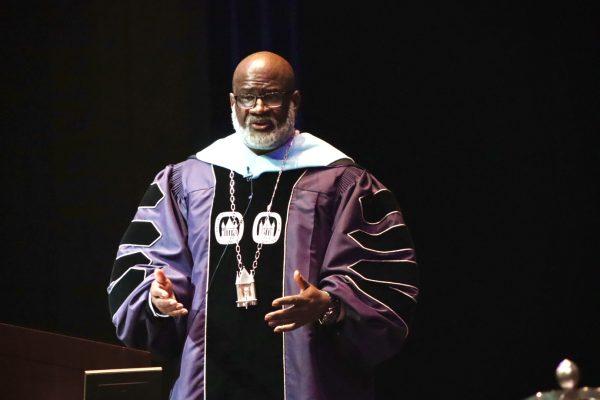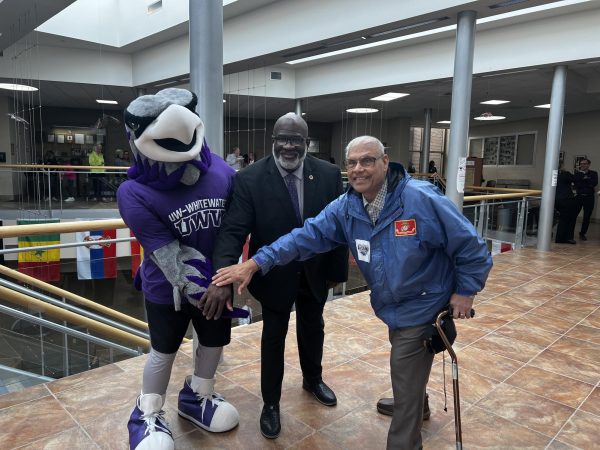A very real issue for Veterans
Harris holds Veterans Sexual Harassment & Rape Prevention Program
April 22, 2019
In October of 2014, University of Wisconsin Whitewater Army ROTC Cadet Raechel Liska reported her alleged rape by a fellow UW-W Army ROTC Cadet.
While no criminal charges were filed in the incident by the Walworth County District Attorney, the Army removed Liska’s alleged assailant from the UW-W ROTC program three months after her allegations.
“I think that it’s one of the worst betrayals you could ever experience when someone who is wearing the same uniform as you can do that to you. I don’t think people fully understand that,” said coordinator of Student Veterans & Military Services Richard Harris.
Liska’s case as well as several other UW-W Military Sexual Trauma (MST) case studies were presented by Harris at the Veterans Sexual Harassment & Rape Prevention Program (VSHARPP) Thursday, April 18 in the University Center room 259A.
Through his VSHARPP workshop, Harris defined and explained MST and its negative impacts on the academic success and emotional well-being of student-survivors. Harris helped students, faculty and staff recognize the learning challenges associated with MST and emphasized the need for increased understanding of student veterans’ experiences to provide the resources and support they need.
Roughly eight students, faculty and staff were in attendance at the VSHARPP, which alerted Harris’ ongoing concern regarding the lack of involvement on campus not only during Sexual Assault Awareness Month but also throughout the entire academic year.
“I get angry every April that we do this because I don’t feel like we’re doing that much. I think that what we’re doing is what we can, but I don’t believe that there’s enough participation,” said Harris. “I feel like when the participation comes in people don’t feel like it’s their issue. Sexual assault can happen to anyone and you will never forget it. This is a very real issue.”
Betsy Brandt, disability services coordinator for UW-W’s Center for Students with Disabilities (CSD) acknowledged this issue and decided to participate in the workshop.
“As we see more veterans coming in to this campus, I just want to have a better understanding about the sexual assault impact that they experience and how it differs from non-military population,” said Brandt.
Also in attendance was the Master of Social Work program coordinator and associate professor Sarah Hessenauer, who shared her enthusiasm in taking what she learned from the workshop back to the classroom.
“We have a masters in social work program and one of our focus areas is the military, so as a department we are just trying to continue to absorb as much information as we can to take back to the students,” said Hessenauer.











